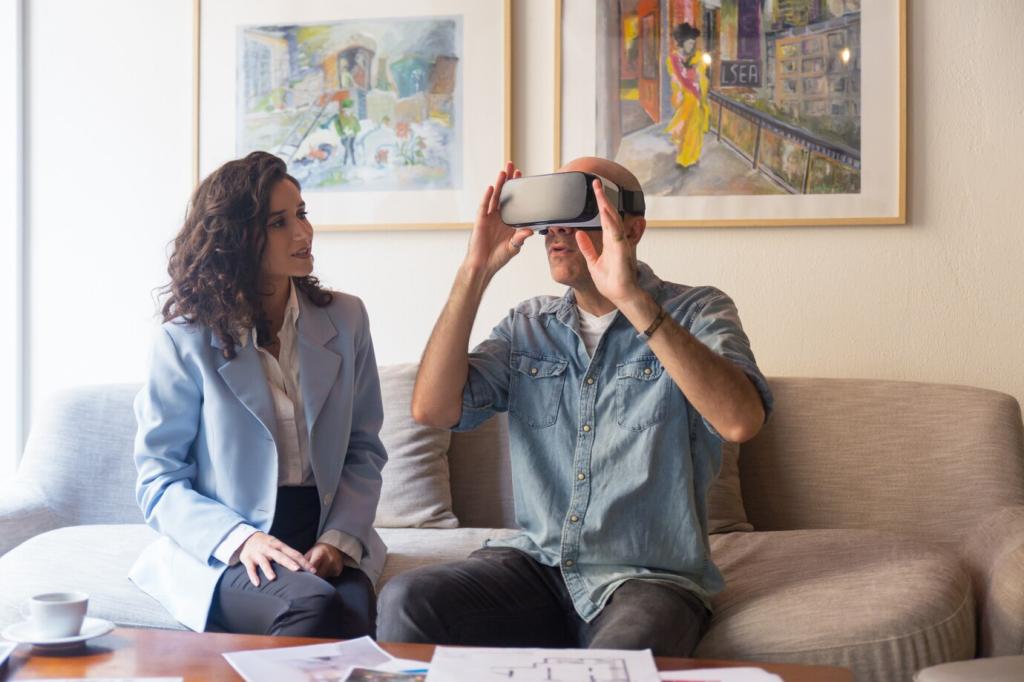Why Empathy Transforms Every Tour
Great guiding is more than reciting dates; it is noticing who is cold, who is curious, and who needs a slower step. Connection begins when you use names, check in gently, and make room for feelings alongside facts. Try it today, and tell us what changes.
Why Empathy Transforms Every Tour
Empathy spots early warning signs: a guest breathing harder on stairs, a child overwhelmed by noise, or someone withdrawing during a crowd surge. Adjusting pace, offering quiet corners, and normalizing breaks keeps everyone safer. Comment with a tip you use to sense discomfort quickly.





